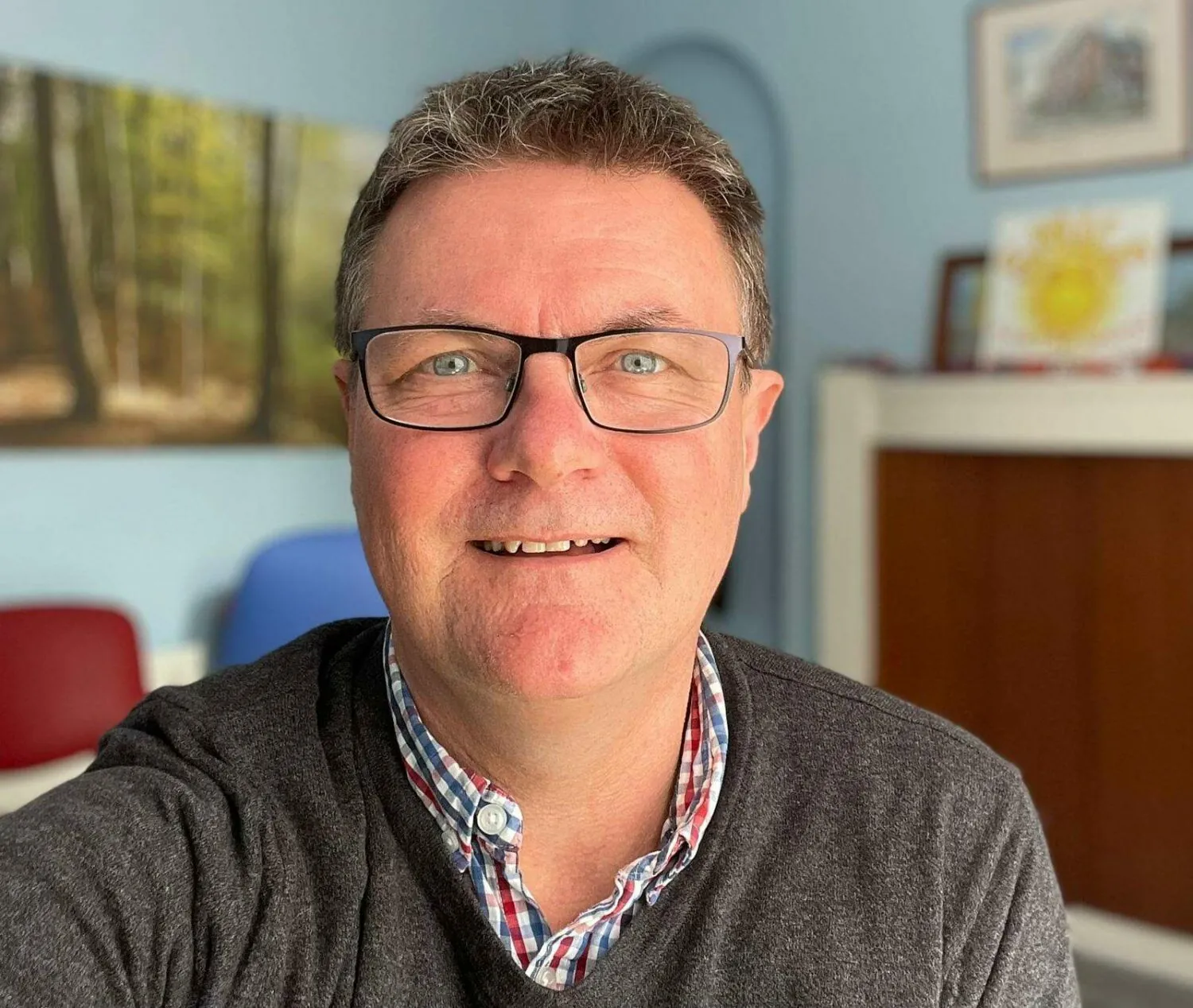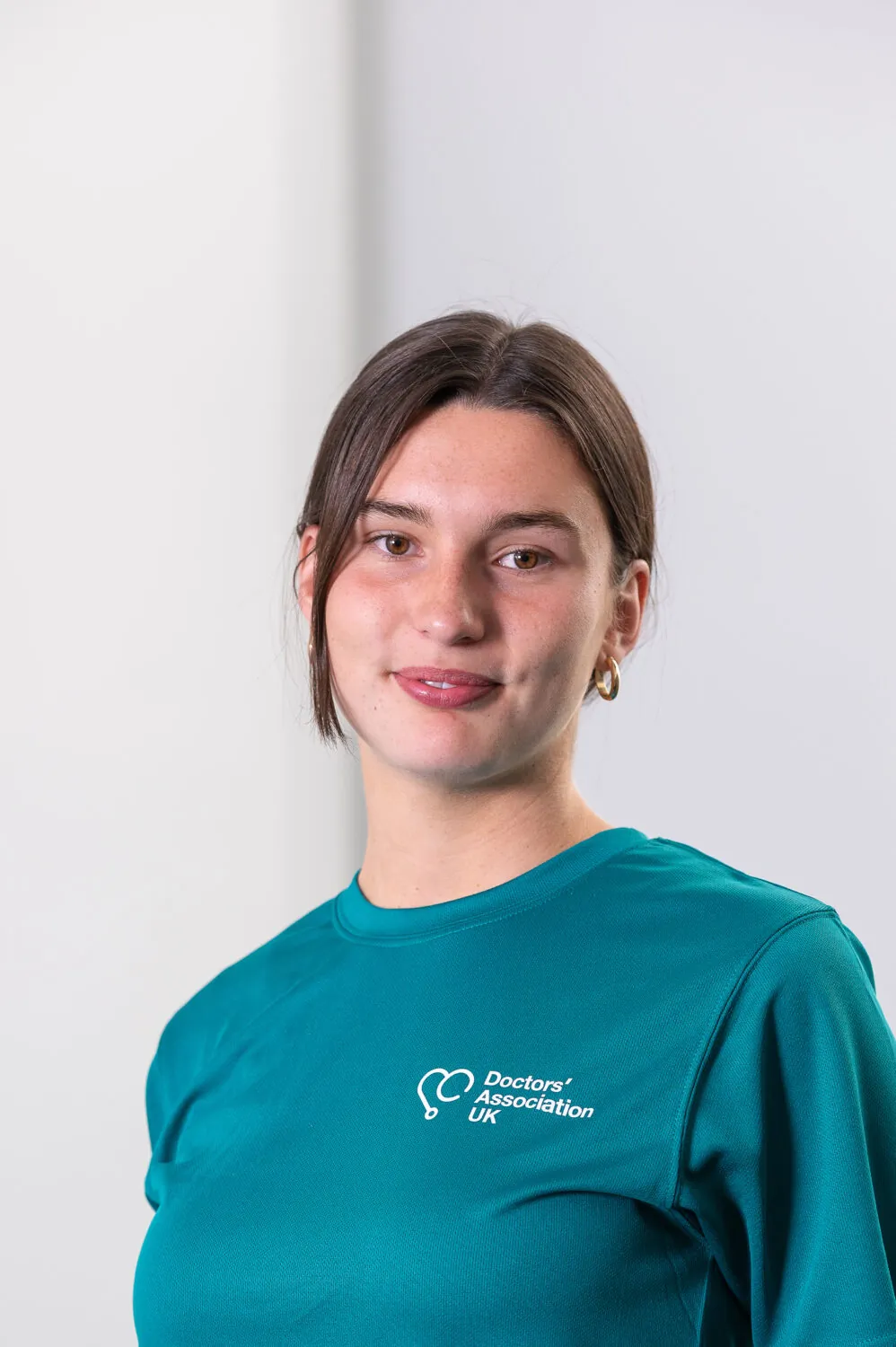DAUK’s Dr Steve Taylor has told a national newspaper that physician associates (PAs) are ‘being used to get healthcare done cheaper’ – but they are not necessarily cheaper.
It is putting PAs at risk of being placed in positions they have limited training for and this is less safe for patients, he said.
Dr Taylor, GP spokesperson for the Doctors’ Association UK (DAUK), was contributing to an article on why trained GPs are unable to get a job.
The reason, the article on iNews said, was because surgeries are employing pharmacists, physios and PAs.
Dr Taylor said: “People like pharmacists, physios and mental health workers have been proven to be effective in primary care.
“The role that is causing a lot of consternation is the physician associate (PA). This isn’t the fault of PAs, because I think they’ve been thrown to the wolves, but they’re effectively being used to get healthcare done cheaper.”

DAUK’s GP spokesperson Dr Steve Taylor
DAUK acknowledges that PAs have a part to play in the NHS. However, DAUK’s co-chair Ms Helen Fernandes said the Association was concerned that their roles have ‘morphed over time’ and are being ‘substituted into roles traditionally populated by a doctor’.
Dr Taylor questioned that, as well as the patient safety risk of being seen by a PA, whether the tax-payer was getting value for money.
He told iNews: “A GP has 10 years of training, whereas a PA has two. They can’t know what they don’t know, and I don’t think they’re necessarily getting the supervision a GP trainee would get.
“We’re effectively paying someone who’s a little bit cheaper, but nowhere near as qualified, [instead of] people who are more expensive but will do twice as much work and not make as many mistakes.”
He added: “There has been a good push from the government to recruit extra GP trainees. We’ve seen a lot more trainees coming through the system. That would be fine if there was funding to employ them at the other end, but the funding per patient that practices receive has fallen 20 per cent in real terms since 2016.”
Dr Taylor also contributed to an article in the Daily Mail exploring the lack of work opportunities for qualified GPs.
The article said that a GP had been working as a taxi driver in the Midlands for the past two or three months because they had struggled to secure work as a locum or salaried GP.
Dr Taylor said it was not an isolated case.
“There are increasing reports of doctors not getting the work they want,” he said. ‘I did a little poll recently – at least 50 per cent of GPs were struggling to get the work they wanted.
“Some were locums not getting as much work as they wanted, some were partners not getting the hours they wanted, and some salaried. In summary it’s a lack of funding within core GP services.”
GPs, he said, were increasingly taking shifts in roles outside general practice including in urgent treatment centres and A&E.
“It’s ridiculous,” Dr Taylor said. “I was getting emails daily offering locum work last year – but I’ve not had a single email for four months.”





